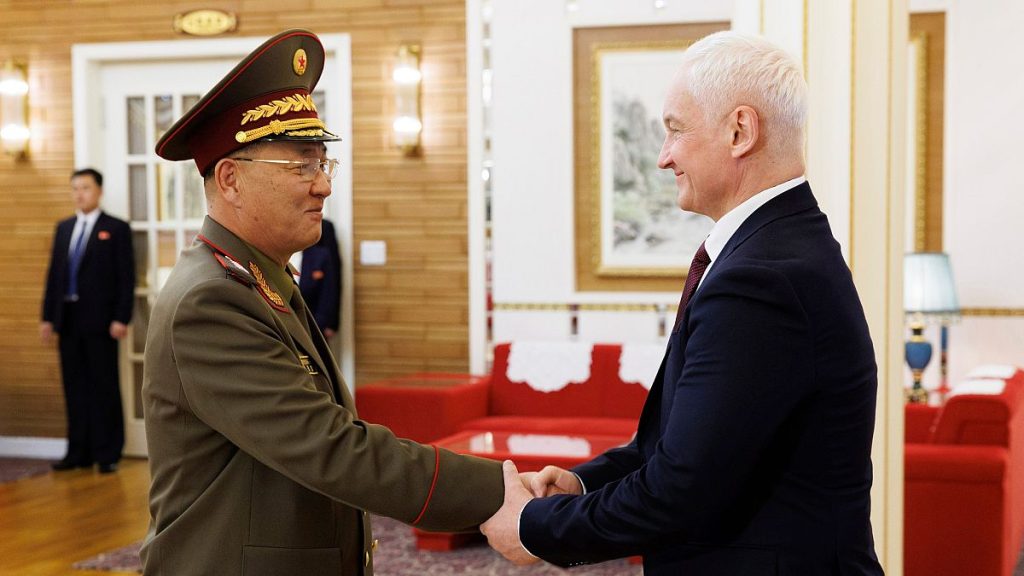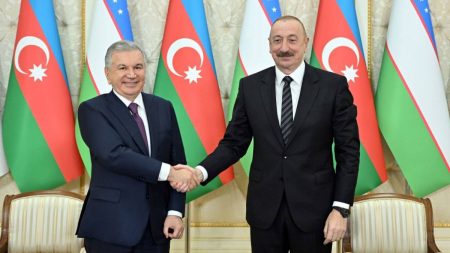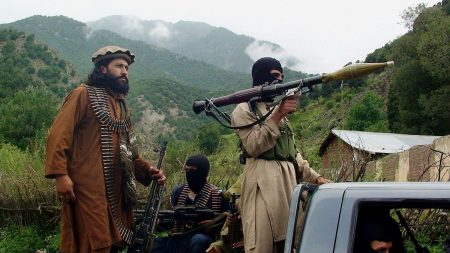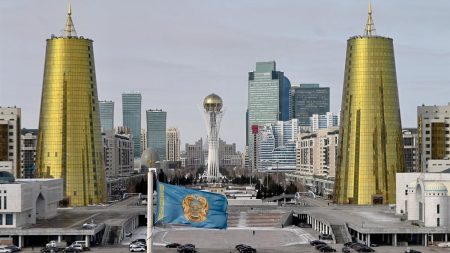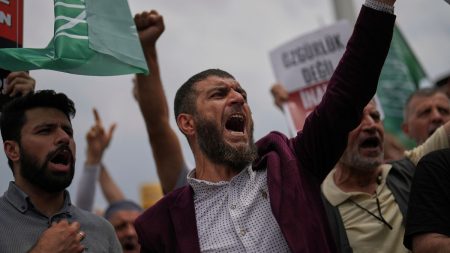In recent times, North Korea has increasingly shifted its focus towards enhancing relations with Russia as part of a broader strategy to escape international isolation and bolster its global influence. The geopolitical landscape, marked by tensions reminiscent of the Cold War, is prompting Pyongyang to align more closely with Moscow. This partnership reflects North Korea’s desire to solidify its position on the world stage amidst rising tensions with the West. The budding relationship appears to be a strategic move by both nations, as they navigate the complexities of a rapidly changing international order.
Recently, Russian Defence Minister Andrei Belousov held discussions with his North Korean counterpart, No Kwang Cho, in Pyongyang, which were centered on augmenting military cooperation between the two nations. During these talks, Belousov noted that a strategic partnership agreement, signed by Russian President Vladimir Putin and North Korean leader Kim Jong-un in June, is crafted to stabilize the Northeast Asian region. This agreement is viewed as a mechanism to mitigate the risks of conflict, particularly concerning nuclear weapons, while advocating for a balance of power within the area. Both leaders underscored their commitment to working together to uphold international peace and security, signaling a renewed commitment to their bilateral ties.
This meeting comes in the backdrop of escalating tensions as South Korean President Yoon Suk-yeol recently conferred with a Ukrainian delegation, highlighting regional security concerns. During these discussions, Yoon called for collaborative measures to address North Korea’s alleged deployment of troops to Russia, purportedly to support Moscow’s military efforts in Ukraine. Reports from the United States and its allies indicate that North Korea has dispatched over 10,000 soldiers to Russia, suggesting that these troops may be involved in active combat scenarios, which raises alarms among South Korean and Western officials.
The evolving relationship between North Korea and Russia is also seen by Pyongyang as an opportunity to leverage its support in the face of international sanctions and diplomatic pressures. The strategic partnership with Russia allows North Korea to not only secure military collaboration but also access resources and support that may be difficult to obtain otherwise due to its international pariah status. This deepening alliance is emblematic of a broader trend where isolated nations are seeking to forge connections with powerful allies as they resist Western influence and interventions.
Kim Jong-un’s strategy of prioritizing relations with Russia aligns with an emerging paradigm often referred to as a “new Cold War.” This term signifies a period of heightened geopolitical rivalry, reminiscent of the earlier Cold War era, characterized by extensive military alliances, proxy conflicts, and a bifurcated global order. North Korea’s shift towards Russia is a calculated maneuver to ensure its survival and relevance in a world where it feels increasingly cornered by a coalition of more powerful states, primarily led by the United States.
In summary, North Korea’s intensified engagement with Russia represents a significant development in regional and global politics, indicative of a broader realignment as both nations seek to enhance their strategic positions. The signing of partnership agreements, military cooperation talks, and the potential for increased troop involvement illustrate a dynamic that could reshape security dynamics in Northeast Asia and beyond. As both Pyongyang and Moscow appear committed to fortifying their alliance, the implications for international peace and security will be closely monitored by the global community, particularly by the nations directly affected by this emerging partnership.




